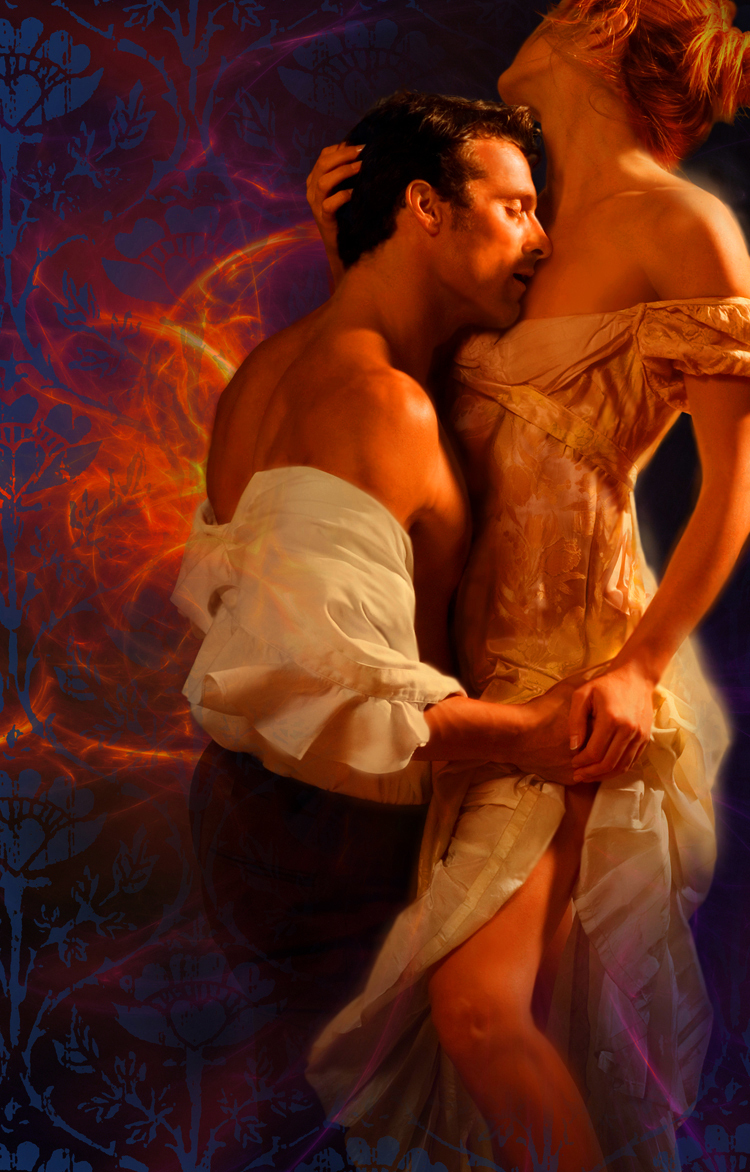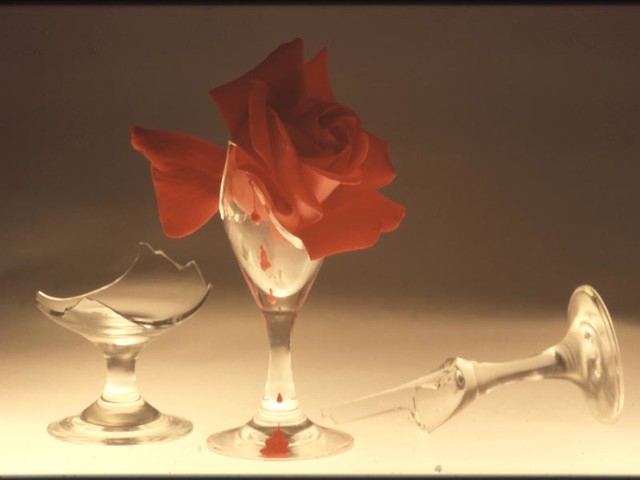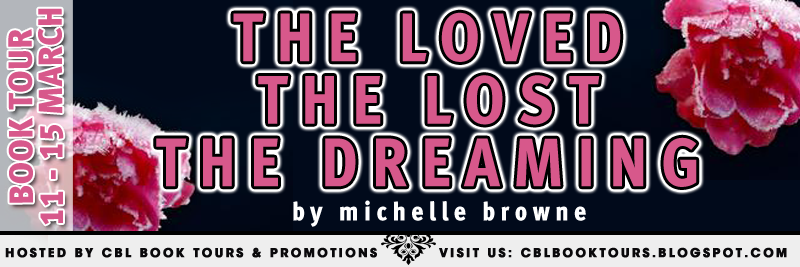Time for more thinky bits. I know y'all love it when I analyse things, and for a change, I'm going to focus on something I hate instead of something I love. Namely: modern romantic comedies.
Why do I hate them, personally? Sure, I'm a cis (that is, 'happy with my born sexual identity') white female, but I always preferred action and explosions for a dumb flick over something a couple of chocolates and a frilly bow short of estrogen poisoning. Romcoms, like the ones that proliferated in the 90s, are an insult to intelligence, the characters are shallow...well, I could go on about the whys, and I'm about to. It's not that I don't like love stories--I do, in fact, and often write a bit of romance into my plots.
What may surprise you, then, is that I absolutely love Jane Austen. I've touched on this before, as well as my abiding love for the Brontes. In fact, I'm fond of a lot of 19th century literature, and a bit of an Anglophile (although I love French and Russian literature from the same era to exactly the same extent). So--how, you ask, can I like the original queen of the genre's writings, and race to Netflix and the internet whenever I hear that Pride and Prejudice or another Austen work has been adapted or re-adapted? Shouldn't I be shrivelling up like a salted slug at the mere thought of romance?
I was watching a few reviews tonight on ThatGuyWithTheGlasses.com, a favourite site, when the answer hit me: modern romantic comedies totally deserve my ire because they're broken, and have been for years. Many serious romances are also pretty phuqued, but it's the comedies that are really boiled dry, and I finally know why.
A brief note before I get into things--I'm going to focus on what I know, which is confined to English-language romances, mostly American and Hollywood-based. The issues I bring up may not be relevant or fit for a critique of Chinese, Indian, African, or other international romantic comedy films (which, unfortunately, I haven't had a chance to see many of), and certainly not the far more intelligent romantic comedies I've occasionally seen coming out of Europe. I'd love to see some of the romances and romantic comedies of other countries, so if you have recommendations, please mention them in the comments.
 |
Source. It's only romantic because there are no nocturnal predators. In neolithic times they would have been so dead. |
A bit of background (pink background)
Just in case you've been fortuitous enough to escape one of the many lackluster rom-coms that have come out in the last couple of decades, let me save you a bit of work. From Meg Ryan to Julia Roberts to Katherine Hegel, we've had a number of stars make their careers based on rom-coms. Sex and the City milked an entire series of movies and a TB--I mean, TV--show from it, and there have been many other TV shows as well. From the 1980s to the 2000's, an absolute rash of films powered by these and lesser stars came out to appeal to pink-wearing period-suffering female cliches everywhere.
The formula
The formula is simple: man and woman meet. Man and woman fight, often because they are competing over something. Man and woman may also be longterm friends who suddenly realise they're perfect for each other. Token love interests crop up to add complications. Woman's friends do girly things. Man's friends make misogynistic remarks. Man and woman are attracted to each other and sometimes sleep together. Awkwardness/personality faults/some contrived competition drives a wedge between them. It appears all is lost, but then a last minute save of some sort (usually the man's apology and rarely the woman's) fixes all. Harmony is restored and the couple dwells blissfully in ForeverDatingLand.
It tends to be loaded with cliches and very poor. The movies are also notoriously repetitive. And yet, older versions of the same story are often charming, or at least bearable, for all their faults. Modern romantic comedies, like 500 Days of Summer and Kissing Jessica Stein, are also starting to move in a different direction.
I'm ignoring the escapist side of things, such as the fact that romcoms and romances usually feature wealthy and attractive people that the audience wishes they could be/knock boots with, for the simple reason that most media has something of a fantasy element to it. I can't use magic or ride a steam-powered horse in real life, either, so that vicarious element averages into other genres as well.
 |
Source. As we all know, this is how people dressed in the 19th century. At all times. |
Let's drop the history.
The problem with romantic comedies, compared to their source material, is a temporal and societal one. Back in the days of Austen and her contemporaries, firm and rigid social rules determined the fate of women in the middle and upper class. Fail to follow them, and exile and disgrace--the sort that could ruin a family financially and socially--inevitably occurred. A woman's marriage meant everything, determining not only her own future and that of her children, but influencing that of her family, as well. Marrying for love wasn't really that common--one married for duty and love was supposed to develop. The rise of the middle class and the Industrial Revolution changed things, making people more prosperous, and cultural shifts led to a greater emphasis on freedom of expression.
It's no coincidence that the many women in factories and even in the upper classes started to get uppity. The beginnings of women's rights and suffrage started here; dragging women into the workforce and out of the countryside changed everything.
These societal clashes were very important in romantic books of the time, too. Tess of the D'Urbervilles is a fine example of a woman helpless to and aware of the dis-empowerment forced by her social class. Mansfield Park, one of my favourites, is all about the inequality within a household. Of course, Jane Eyre is another prime example of the same, as is Wuthering Heights (which is also about faeries and changelings, by the way. I should post about that for you guys some time). If you ended up at a disadvantage or made a simple misstep, boom, that was it. For the rest of your life. It provided a lot of tension, and because the issues are serious, the books resound with us to this day.
Say what? What do you mean by 'broken'?
The problem is--and here, I admit I'm conflating romances and romcoms a bit--modern stakes just aren't the same. The older books generally tend to have real antagonists, and a better understanding of human nature. Even when modern comedies are rather good, they still avoid the really uncomfortable issues implied or explicitly explored in older works. Instead, they play contemporary issues for drama to an exaggerated extent (hello, Nicholas Sparks), rely on illnesses, or make mountains out of molehills.
Women had little to do except marry up. Now that we have careers and independence and enough money to be wasteful, or almost enough, the issues that made earlier works so urgent are basically gone. Things that would have been social death in a previous era are now mere inconveniences at worst, and that makes the social awkwardness in movies feel forced at best and terribly shallow and annoying at worst. We're allowed to talk, albeit poorly, about uncomfortable subjects now, and to really appreciate the stakes in a previous era's romance, one must understand that openness was verboten. Sex is usually offscreen, or goofy, or perfected for romantic comedies, and is almost never raunchy or kinky in a realistic way.
In addition to easy fixes and simple solutions, romcoms skim over real emotional issues and avoid long term repercussions, focusing to psychotic exclusion of reality on the gratification of the romance. While a lot of women who read Austen kind of ignore this, the appeal in her books is that everything has repercussions and that all the small actions are followed up on later. The romances determine the women's life paths, and their interactions with other characters all pay off. The overarching human stories--somewhat touched on--that involved things not at all related to the LOVE STORY actually threw it into greater focus. People remember Elizabeth's sisters as much as they remember Elizabeth and Darcy, and there's a reason for that.
Modern stuff has simply recycled the formulas used previously without understanding why they work. From the rote formulas, they copied the stories' details and took diligent notes, but failed to get across the soul of the story and the real conflict. Simply, they're a mix of unrealistic and unhealthy ideas with a fatal dose of anachronism. That's why they suck, empirically speaking.
 |
Source. This would accurately reflect the fact that romance isn't a tidy affair. |
How do we fix it?
For starters, diversity would be nice. White people inevitably and sickeningly dominate the romantic scene. My Big Fat Greek Wedding explored culture clashing, and was reasonably smart and fun, but we need a lot more of that--preferably without condescending racist subtext. Adjusting the expectations for the female and male lead--such as the male lead's generally useless career and role--is also needed.
Fortunately for us, the industry is starting to respond to the fact that romantic comedies are kind of a dead market. Only 19 of the hundreds of films coming out in 2013 are romances, and of the comedies, only a couple are remotely romantic. Having realised that chicks like guns and action and plots as much as guys do, the market is finally dead. We're still dealing with poor representation of women in action movies and mostly whitewashed casts, and with the majority of films (even from feminist Joss Whedon) failing the Beschdel test ( a) two female named characters b) talk to each other c) about something other than a man), the death of romcoms hasn't done much on its own to move us forward.
Interestingly, Twilight and 50 Shades of Grey, much as I have previously mocked both, have helped us get away from traditional romcoms, replacing them--and much of romance--with paranormal romance and BDSM and more erotic fiction. It's a somewhat lateral move, but the fact that women are more comfortable with these decidedly less passive and more aggressive displays of sexuality is probably a good thing. They still play into the same cliches as their predecessors, though, for the most part, so the real effect of the shift has yet to be seen.
So, in summary of things to fix--a plot that deviates from the classics and gives female characters some agency, and gives men actual desires and feelings (rather than making them wish-fulfillment machines) would be great. Also, more lesbians and more gay men who don't just do hair or interior decorating or serve as hetero women's pets. Everything focuses on people between the ages of sixteen and thirtysomething, with a few rare exceptions, so we could stand to see a few more (dignified) comedies and films about middle-aged and old people. Queering up the joint would be a lot of fun, but anything not dealing with hetero white people usually gets confined to film festivals. Glee, of all things, and other media, are sloooowly bridging the gaps between 'alt' sexuality and 'normal' sexuality (can you see me wincing over the internet?) but we still have a long way to go.
Fortunately, a few of these films do exist, so you can still cuddle up with a love story and you won't absolutely have to turn your brain off.
 |
Source. Those candles and rose petals should be used, not just sit there for decoration. You can do some fun things with a little hot wax... |
My recommendations
I like my romances to be more complex and dark, as well as to have a lot more context and content than your average Harlequin in film or TV form. Here's a mixed list of a few of the romantic movies I've seen and liked.
1) One of the best romances I've ever seen has to be Be With Me, a Malaysian mostly-silent film about intertwining storylines that's truly beautiful and moving.
2) Across the Universe also earned points from me for not only having a stunning visual design, but addressing human flaws, multiple sexual issues, identity, and the ugly side of the 60s in a nicely stylised way.
3) Mambo Italiano was an uncomfortable but memorable and realistic little Canadian comedy about an Italian-Canadian boy who has to deal with being gay and a painfully funny emergence from the closet.
They're available on the internet and Netflix, so go enjoy them when you have a moment.
*****






